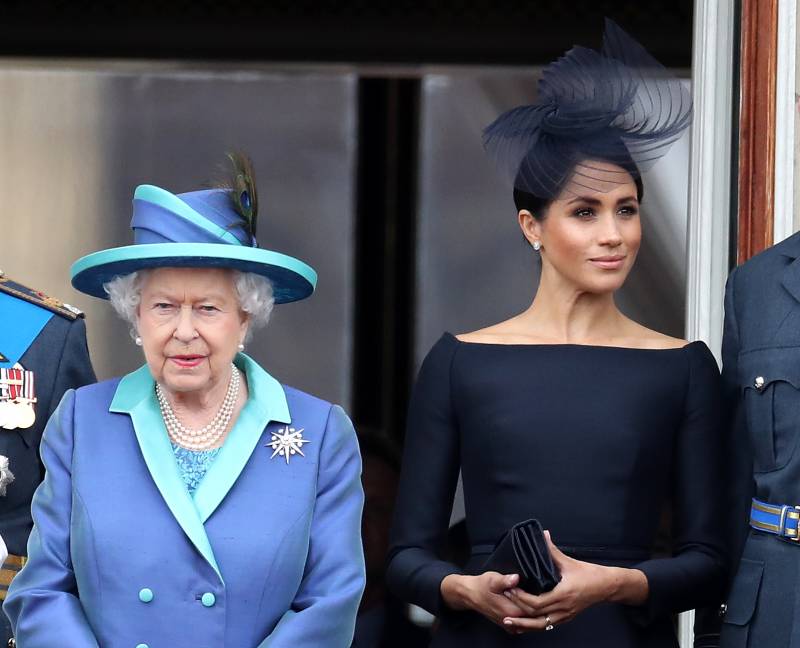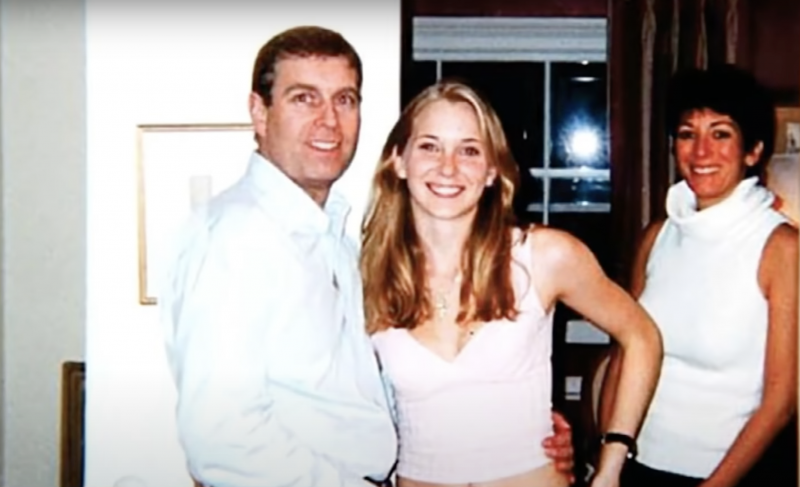When I moved from the U.K. to San Francisco in 2002, I quickly grew accustomed to answering random questions about the royal family from curious Americans. Most of them were either about the family tree (“Who’s Harry and William’s dad again?”), the power structure (“Can the queen make laws?”) and the culture (“Do British people actually like them?”). But since The Crown premiered in 2016 and Harry and Meghan tied the knot in 2018, I’ve noticed the American appetite for royal gossip has increased to a degree that feels—to me at least—rather unprecedented.
No royal spouse has ever so swiftly or smoothly called the royal family out on their BS the way Markle recently did. And no TV show (or book for that matter) has ever highlighted the deep dysfunctions within the British royal family quite so effectively or succinctly as The Crown. Crucially, what both have done so successfully in tandem, is to expose the rot that lies beneath what was previously perceived by many Americans to be a dignified institution.
While aspects of the show are fictionalized, The Crown alone has, in short shrift, made Americans aware of scandals long known to the British people. Storylines include King Edward VIII and Prince Philip’s ties to Nazi Germany; Prince Charles’ appalling treatment of Princess Diana; Princess Diana’s prolonged attempts at self-destruction; Queen Elizabeth’s secret cousins, hidden away because they were developmentally disabled; Princess Margaret’s husband’s secret child with another woman.



